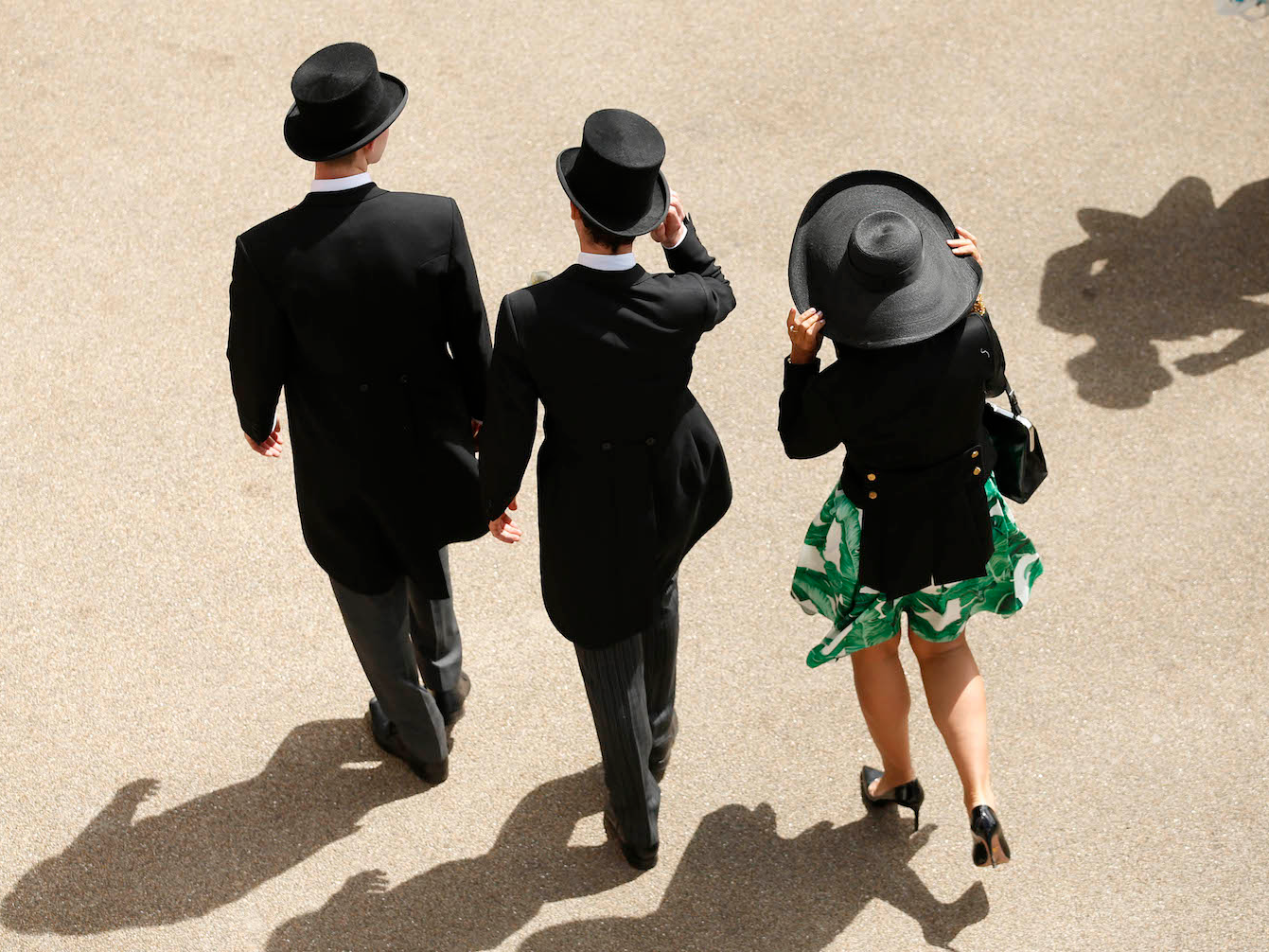- German researcher Rainer Zitelmann had 43 people with net worths above $11 million take the Big Five personality test as a part of his psychological analysis of the ultra-wealthy for his book “The Wealth Elite.”
- According to the Five-Factor Theory of Personality developed by National Institute on Aging personality psychologists Paul Costa and Robert McCrae, someone’s personality is determined by their levels of neuroticism, conscientiousness, extroversion, openness to experience, and agreeableness.
- Ultra-wealthy entrepreneurs tend to be optimistic, but not agreeable, Zitelmann found.
- Visit Business Insider’s homepage for more stories.
The ultra-wealthy may have a reputation for having strange habits, but they don’t tend to be very neurotic, a psychological study of 43 high-net worth individuals from across the globe found.
German researcher Rainer Zitelmann asked 43 entrepreneurs and investors with net worths of at least $11 million each to take a 50-question personality test based on the “Five-Factor Theory of Personality” and analyzed their results for his book “The Wealth Elite.”
According to the Five-Factor Theory of Personality developed by National Institute on Aging personality psychologists Paul Costa and Robert McCrae, someone’s personality is determined by five key factors: their levels of neuroticism, conscientiousness, extroversion, openness to experience, and agreeableness.
Zitelmann chose this model, commonly known as "The Big Five," because of its widespread acceptance among psychologists of different schools of thought, he told Business Insider.
"To sum this up, you can say that rich people are less neurotic and less agreeable, but have a higher degree of conscientiousness, are more open to new experience, and more extroverted than the population as a whole," Zitelmann said.
The results Zitelmann's rich subjects got bore a striking resemblance to those of entrepreneurs of all net worths, which didn't surprise the researcher.
Keep reading to learn more about the common personality traits of the ultra-wealthy.
1. The ultra-wealthy aren't very neurotic
Ultra-high net worth individuals have "exceptionally high levels of mental stability," Zitelmann wrote in the "The Wealth Elite."
All 43 of the high-net worth individuals interviewed received neuroticism scores below 19 on a scale of 0 to 40, with 40 being the most neurotic. Their survey responses revealed high self-confidence and high tolerances for frustration, Zitelmann found.
2. Conscientiousness is the ultra-wealthy's most dominant personality trait
Conscientious people tend to be detail-oriented and very thorough when completing tasks, Zitelmann found.
The ultra-wealthy tend to be goal-oriented, Zitelmann's research found. The vast majority of the interviewees said they always keep their promises, a trait that has helped them gain the trust of their business partners and investors.
3. Many of the rich people interviewed were extroverted
Of the 43 ultra-wealthy people interviewed, 29 are extremely extroverted, according to Zitelmann's analysis of their test responses.
Being extroverted also allows them to feel comfortable doing something different from others and standing by decisions that others disagree with.

4. The wealthy are very open to new experiences
Twenty-eight of the test subjects could be classified as very open to new experiences, according to Zitelmann. Their responses indicate that they enjoy thinking about how new ideas could work and believe that people should constantly broaden their knowledge base.
5. Agreeableness is the second-weakest personality trait among the ultra-wealthy
Neuroticism is the only trait that is more obscure in the ultra-wealthy than agreeableness, Zitelmann found.
The test revealed that agreeableness is a weak character trait for nine of the subjects and a medium strength trait for 13. Zitelmann said he expected even more of the high-net worth individuals interviewed to fall into those categories, as other studies have concluded that antagonism is correlated with entrepreneurial success.

